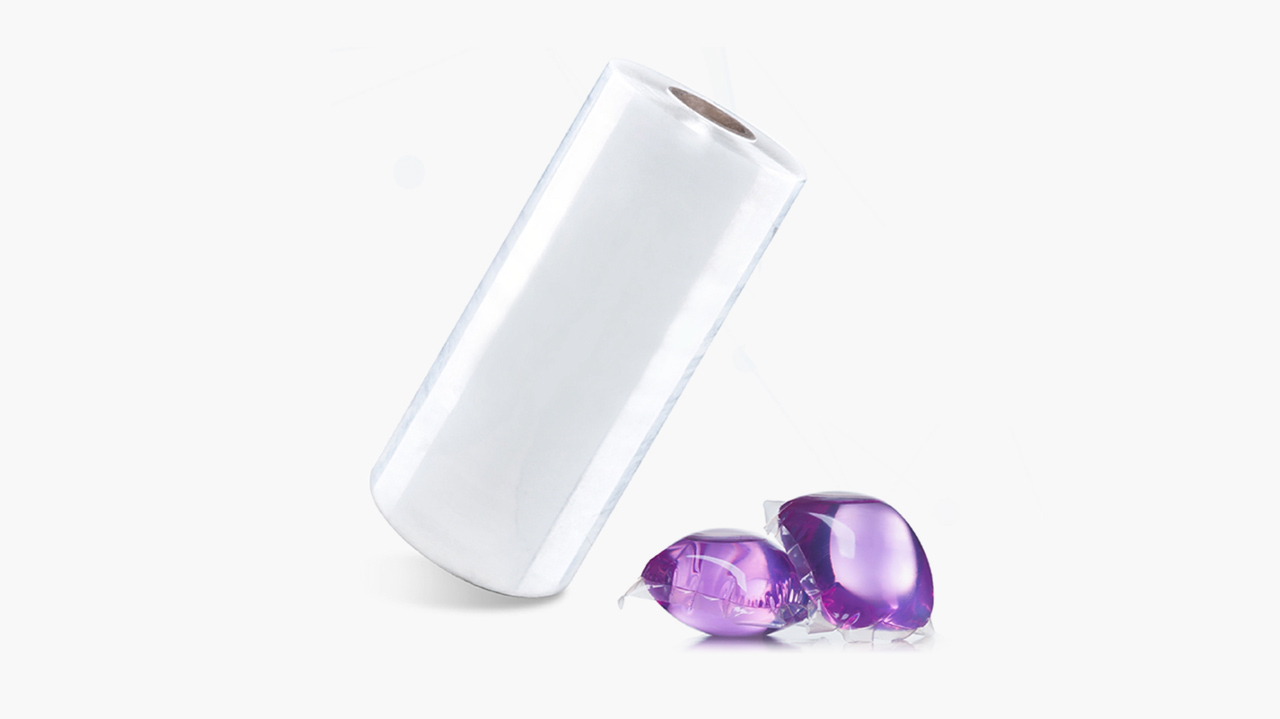Water soluble laundry bags are a convenient precaution tool to enable linen handlers to isolate, store, transport and clean washable dirty items. They can be used as integral liners in collection containers or independently.
These hygienic bags prevent the spread of infection when moving soiled linen into the washing machine. They are anti-static, non-toxic and biodegradable.
1. Material
The material used to make soluble laundry bags is an important factor to consider. It determines how long the bag will last and how easily it can be cleaned. In addition, the material also affects the cost of the bag. Some manufacturers use high-quality materials to create durable, washable bags that will last longer than others.
Laundry bags with soluble integral ties are typically made from transparent PVA (polyvinyl alcohol) film, which is a non-toxic and environmentally friendly biodegradable material. They also have a high tensile strength for added reliability and security when transporting contaminated linen.
Closed water soluble bags can be loaded directly into the washing machine, eliminating the need to open them for sorting and loading and the potential exposure of linen handlers to infectious germs. However, they should not be knotted too tightly because this may inhibit the solubility of the bag’s film during laundering. Instead, the bags should be tied with a color-coded neck tie.
2. Size
We offer a selection of sizes, including large bags that are suitable for holding multiple washing loads. We also offer a choice of hot and cold-water-soluble bags, which are ideal for use in care institutions. These bags are designed to isolate soiled linen before it is washed, minimizing the risk of cross-contamination or direct contact with waste materials or body fluids. Once the bag is filled, it can be closed and placed directly into the washing machine where it will dissolve during the wash cycle. This allows staff to handle contaminated laundry without the need for PPE. Typical users include hospitals, care homes, doctor’s offices, and hotels + resorts. Clear bags, 28×39″. 100 bags per case. 100% dissolving.
3. Printing
Fully water-soluble laundry bags are a convenient precautionary tool that enables linen handlers to safely isolate, store and transport potentially infectious or contaminated clothes and linens. By encapsulating soiled items, these bags protect staff from direct contact with potential contaminants prior to washing and disinfection, reducing the risk of infection in healthcare environments.
During the wash cycle, the bags dissolve and release their contents into the washing machine. The closed bag prevents accidental puncture or tearing during movement within the facility and reduces the risk of contamination from the wash water itself. They can also be used as liners in collection containers, allowing linen to be loaded directly into the bag without pre-sorting.
Dissolving laundry bags are manufactured from a non-toxic and environmentally friendly plastic called polyvinyl alcohol (PVA, PVOH). The material is completely safe for the environment and can be discharged into water treatment plants with no further processing to remove environmentally harmful chemicals.
4. Packaging
Our range of hot and cold-water-soluble laundry bags is designed to help with infection control in healthcare environments. They’re a convenient precaution tool that enables linen handlers to isolate, store, transport and clean washable dirty items such as c continence pads or bed linen prior to washing.
These transparent soiled linen disposal bags have integral ties that dissolve during the wash cycle, eliminating the need for linen handlers to directly touch contaminated linen, thus reducing the risk of exposure to biohazards. They meet HSG (95) 18 guidelines and are ideal for use in NHS hospitals, care homes and commercial laundries.
They’re made from PVA film, which leaves no traces in warm or cold water and is a natural, environmentally friendly, non-toxic, and biodegradable material. They also reduce the waste output of organizations with high bulk wash requirements, thereby minimizing dependence on plastic bags that are likely to end up in landfills or as litter.
